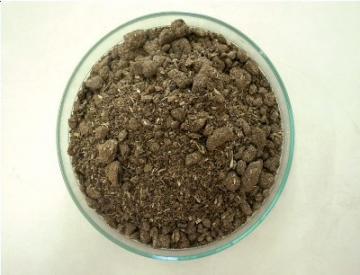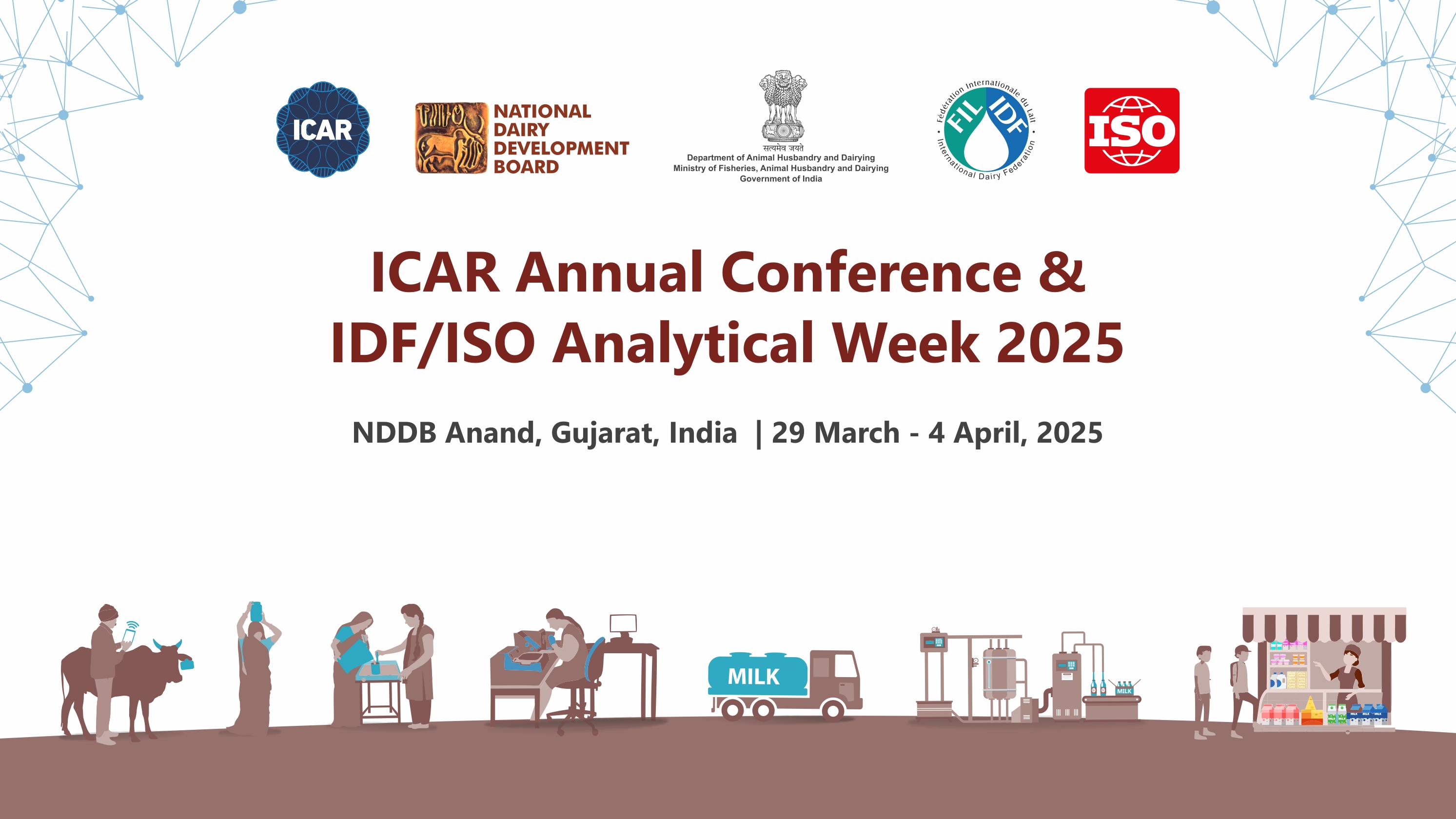
Sunflower meal (Helianthus annuus)
Common name: Common sunflower
Local names: Hindi: Surajmukhi, Marathi: Suryaphul Manipuri: Numitlei, Malayalam:
Sooryakanthi, Tamil: Suryakaanti
Sunflower is an annual or perennial plant that grows up to 6 m height. The seeds of the cultivated sunflower species are used in the manufacture of oil and its by-product, sunflower meal. Sunflower meal is generated when the black oil seeds are crushed. The seeds consist of 25-40% shell. The availability of sunflower meal in India for the year 2009-10 was about 0.67 million tones.
Nutritive value
TDN and CP contents of sunflower meal are around 65 and 30%, respectively. The composition of the sunflower meal varies with the quality of the original seed and the method of processing. Good quality sunflower meal contains about 35-44% high grade protein especially rich in methionine. Pre-press solvent extraction of whole seeds with no dehulling produces meal with a crude protein content of 25-28%, partial dehulling yields 34-38% crude protein content, and completely dehulled sunflower meal commonly yields >40% crude protein, but up to 50% crude protein has been observed. The expeller variety of sunflower meal makes the butter soft if fed in large amounts to cows because of the character of oil it contains. It contains chlorogenic acid and tannins as deleterious factors. Supplementing with methyl donors (methionine and choline) can help in increasing the availability of protein to animals.
Inclusion
Sunflower meal can be safely included up to 20% level in cattle ration. The use of high fibre sunflower cakes (undecorticated) is restricted to the feeding of adult ruminants, whereas, the decorticated cake is a digestible high-protein feed that can be used freely for all livestock. As the cakes are hard, they are best fed ground and incorporated in compound cattle feeds. Sunflower meal can be used as the sole source of protein to feed animals.
